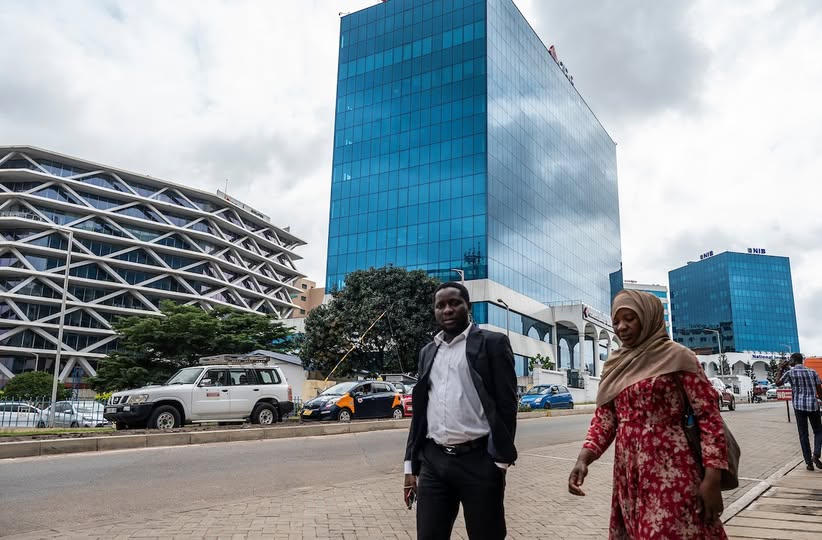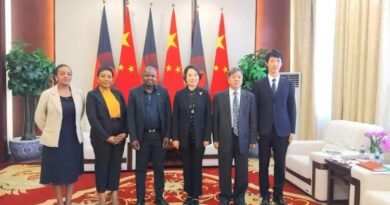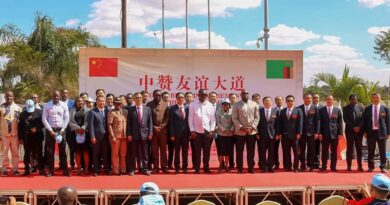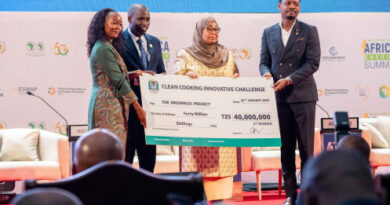IMF and Ghana Reach Staff-Level Agreement to Unlock $370 Million in Financial Support
The International Monetary Fund (IMF) and Ghanaian authorities have reached a staff-level agreement to conclude the fourth review of Ghana’s three-year Extended Credit Facility (ECF) program. The agreement, once approved by the IMF Executive Board, will unlock a disbursement of about US$370 million, bringing total support under the program to approximately US$2.36 billion.
Despite higher-than-expected economic growth and improvements in Ghana’s external sector in 2024, program performance weakened toward the year’s end. Fiscal slippages ahead of the 2024 general elections, inflation overshooting targets, and delays in key reforms posed challenges to program commitments. A significant build-up of unpaid government bills contributed to a primary fiscal deficit of 3.25% of GDP, diverging from the targeted surplus.
However, the new Ghanaian administration has taken decisive steps to realign with the IMF-supported objectives. These measures include launching a payables audit, introducing a budget targeting a 1.5% primary surplus, and enacting public financial management reforms to tighten expenditure controls. The government also adjusted electricity tariffs and implemented monetary tightening to curb inflation.
“The IMF team welcomes the authorities’ bold efforts to address recent policy slippages,” said Stéphane Roudet, IMF Mission Chief for Ghana. “These steps are vital for restoring program momentum and safeguarding economic stability.”
The Bank of Ghana has increased policy rates and is enhancing liquidity management, while further discussions continue around strengthening social protection programs to support vulnerable populations amid ongoing adjustments.
The agreement also places emphasis on structural reforms across governance, state-owned enterprise management—particularly in the gold, cocoa, and energy sectors—and financial sector recapitalization. Quarterly electricity tariff reviews and broader energy reforms are expected to help reduce sector shortfalls and prevent new debt accumulation.
Ghana has made progress in restructuring its public debt under the G20 Common Framework, with a Memorandum of Understanding signed with official creditors. Efforts are ongoing to finalize bilateral agreements and secure comparable treatment from commercial creditors.
The IMF delegation held meetings with Ghana’s Finance Minister Mohammed Amin Adam, Bank of Ghana Governor Maxwell Opoku-Afari, and other key officials and stakeholders.
The IMF praised the Ghanaian authorities for their cooperation and commitment to economic reforms and reiterated its continued support for the country’s efforts to restore macroeconomic stability and build a more resilient economy.



